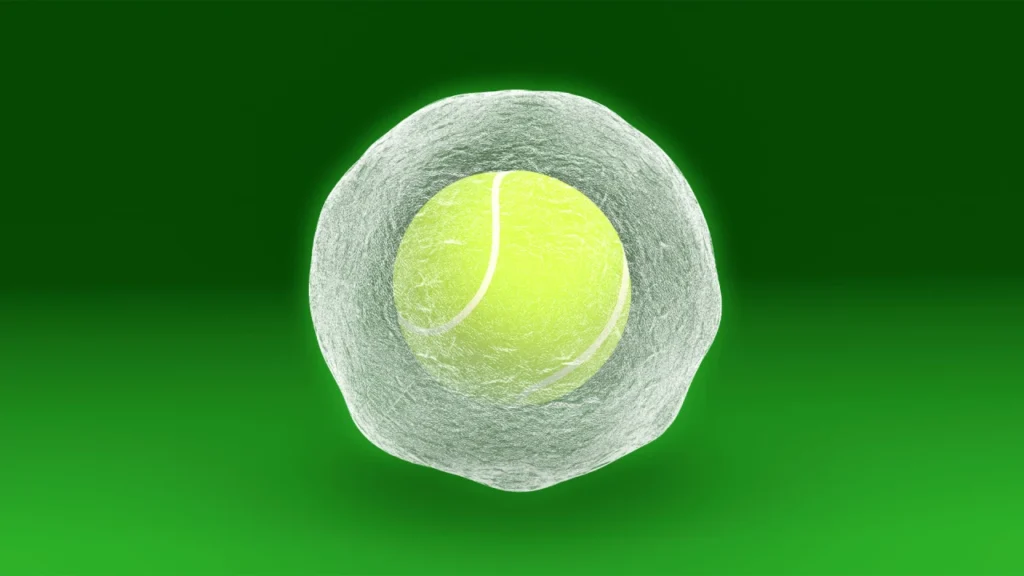Women athletes who want to start a family have often received little to no support or faced repercussions.
Remember when, back in 2019, Olympic runners Allyson Felix, Alysia Montaño, and Kara Goucher shared that Nike, their sponsor, said it would stop paying them if they weren’t running—even during pregnancy and postpartum. It wasn’t until after the women called out the company in The New York Times that Nike instituted a new maternity policy.
Women basketball players, soccer players, and other athletes across sports have also shared their negative experiences as expecting or new mothers and their fight for change.
So it’s deeply heartening when progress occurs, like a new policy “championed by players” at the Women’s Tennis Association (WTA). The organizing body for women’s tennis has announced the Fertility Protection Special Entry Ranking Rule, which protects the ranking of women who undergo procedures like embryo or egg freezing.
“After hearing from players that the option of fertility protection offers a proactive way to balance family goals and career ambitions, we’re delighted that this new measure, alongside the fertility grant offered by the PIF WTA Maternity Fund, will contribute to enabling our athletes to realize their full potential and become parents at a time of their choice,” said Portia Archer, CEO of the WTA, in a statement. (PIF stands for Saudi Arabia’s Public Investment Fund.)
How the new rule will work
Athletes will qualify if they leave for at least 10 weeks to undergo the treatment and are ranked between Nos. 1 and 750 in singles or doubles. They will then receive a special entry ranking (SER) based on the “12-week average of their WTA ranking from eight weeks prior to the start of their out-of-competition period,” the WTA states. Players can use the ranking for up to three tournaments.
The WTA, founded by Billie Jean King, already offers ranking protection for pregnant individuals or those pursuing another form of parenthood. In March, the organization introduced 12-month paid maternity leave for athletes—technically independent contractors—and two months for adoption, a partner’s pregnancy, or surrogacy. The WTA claims it’s the first instance in “women’s sports history that comprehensive maternity benefits are available to independent, self-employed athletes.”
However, they must meet specific qualifications, such as participating in a certain number of tournaments. The WTA simultaneously introduced grants for fertility treatments.


